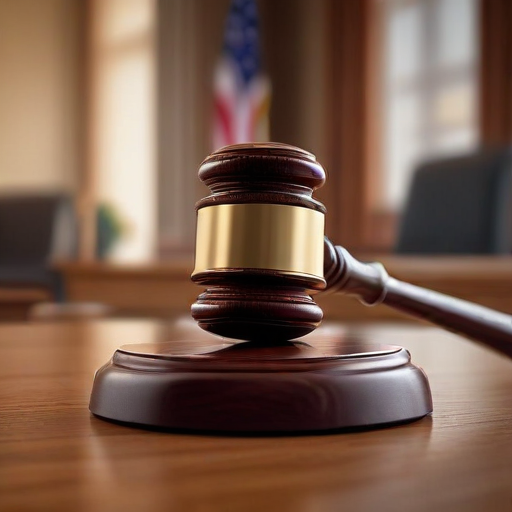A federal appeals court has upheld the constitutionality of a law passed by Congress, which requires the Chinese parent company of TikTok, ByteDance, to divest the platform or face a ban in the United States. This decision, made by a three-judge panel of the D.C. Circuit Court of Appeals, emphasizes concerns over national security, particularly regarding the potential for the Chinese Communist Party to access user data.
The bipartisan law, enacted by President Joe Biden in April, was contested in court by TikTok, ByteDance, and several users who argued it infringed upon First Amendment rights. However, the judges ruled against this argument, stating that restrictions on TikTok’s operations result from actions taken to protect American citizens from a foreign adversary’s threat rather than domestic actions against free expression.
In his opinion, Senior Judge Douglas H. Ginsburg noted that the First Amendment is designed to safeguard free speech in the U.S., which includes protecting individuals from foreign threats to their digital privacy and liberty.
TikTok now has the option to appeal the ruling to the full court or the U.S. Supreme Court, with the law scheduled to take effect on January 19, before former President Trump presumably returns to office. Legal representatives for the plaintiffs are expected to seek an emergency stay in light of the urgency surrounding the case.
Commenting on the ruling, Bill sponsors from both political parties praised the court’s decision, viewing it as a significant step towards enhancing national security by preventing foreign influence through TikTok. They expressed optimism about the potential for a U.S.-based acquisition of TikTok, enabling its continued operation while safeguarding American users.
As a hopeful note, this ruling reflects a growing bipartisan consensus on protecting national security interests and digital privacy, reaffirming the idea that safeguarding American citizens’ digital spaces is a priority in an increasingly interconnected world.
In summary, this legal decision underscores the tensions between free speech and national security, suggesting potential ramifications for future technology and social media governance in the U.S.
